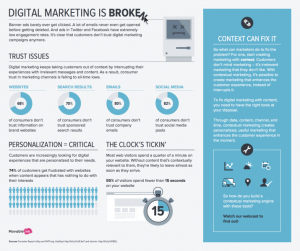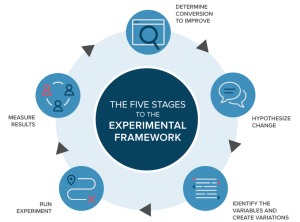
Experts have been touting operational excellence (OE) as a key to business success for a couple of decades. Old concepts and methods need to be updated to help companies reach their most excellent state. It’s no longer just focused internally on operational efficiency, cost cutting and consistent, repeatable results.
My first exposure to OE was in the 90s. The leadership of the company I worked for embraced the concepts in the book The Discipline of Market Leaders: Choose Your Customers, Narrow Your Focus, Dominate Your Market with the goal of hyper efficiency and lowest total cost that could provide value to the customer.
If you scour the web for a consistent, current definition of Operational Excellence, you’ll find a variety of definitions making it tough to nail down exactly what it means today for a company to have mastered OE.
Wikipedia’s definition talks primarily about principles, systems and tools with an end focus on performance metrics.
“Operational Excellence is an element of organizational leadership that stresses the application of a variety of principles, systems, and tools toward the sustainable improvement of key performance metrics. Much of this management philosophy is based on earlier continuous improvement methodologies, such as Lean Manufacturing, Six Sigma, and Scientific Management. The focus of Operational Excellence goes beyond the traditional event-based model of improvement toward a long-term change in organizational culture.”
But if you check out the Institute for Operational Excellence it’s not quite aligned with the same concepts.
“To leverage operations to achieve business growth, the first step is to understand what Operational Excellence really is, and then how we achieve it. Think of it as answering the question: “Where will our journey of continuous improvement take us?” A good answer is that our journey will take us to Operational Excellence, or the point at which “Each and every employee can see the flow of value to the customer, and fix that flow before it breaks down.” (sm) While this definition may seem simple, it is in this simplicity that the magic lies.”
Considering today’s fast pace of change for business, the idea of a rigid organization that is required to adhere to a strict set of processes and systems that don’t allow flexibility seems a bit outdated.
To be fair, technology has had a huge impact on the speed at which companies can respond to changing conditions. It no longer has to take years to implement a change in technology to improve the value to the customer. Technology is now available to everyone. Any employee can seize an opportunity to create a quick app that could optimize and improve a process with low or no code tools that are now available, or whip together a report or dashboard that provides instant information that can inform fast decision making.
It appears that Andrew Miller, author of Redefining Operational Excellence: New Strategies for Maximizing Performance and Profits Across the Organization is on the right track in defining OE for today’s dynamic organizations.
According to Miller, “The old definition of operational excellence is a relic. Our world is too complex, too interconnected, and too fast-moving for organizations to achieve dramatic results simply by eliminating waste and increasing standardization. After all, no company ever cut their way to sustainable growth. True operational excellence is not about “lean” or six sigma or any other methodology. Operational excellence is a mindset, and it achieves breakthrough results. It requires a company culture that questions current models and focuses on adding value, making improvements, and increasing speed. Operational excellence is about finding money and performance boosts in areas businesses don’t normally look.”
The key to today’s version of OE is in making sure the company culture isn’t stuck in the past. Employees need to feel empowered to use the technology tools at their disposal to challenge the status quo and know changes will be welcomed as an improvement to the organization.
Business & Finance Articles on Business 2 Community
(151)
Report Post







